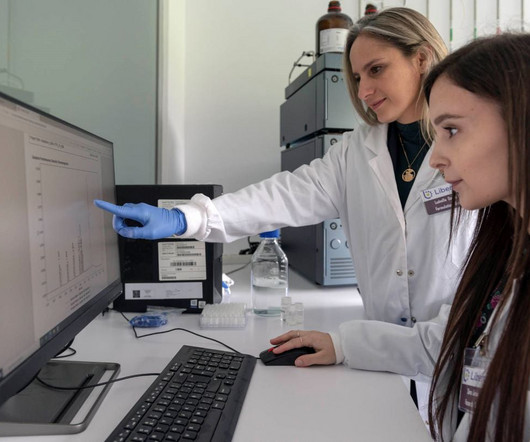Drugs Companies Clap Back at Congress…Then Get Sued
FDA Law Blog
MARCH 12, 2024
As Abbvie wrote: “While your letter refers to ‘sham’ patents and concerns about ‘abusing the patent system,’ the FTC’s letter makes no assertions that these patents were ill-gotten or are otherwise illegitimate. In fact, federal law and regulation appear to require AbbVie to list these patents.”













Let's personalize your content